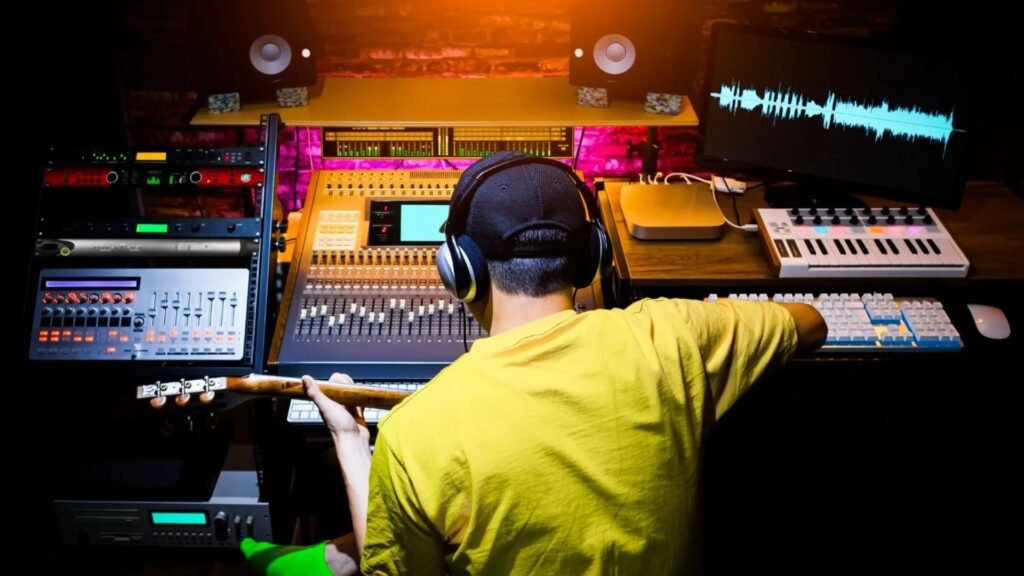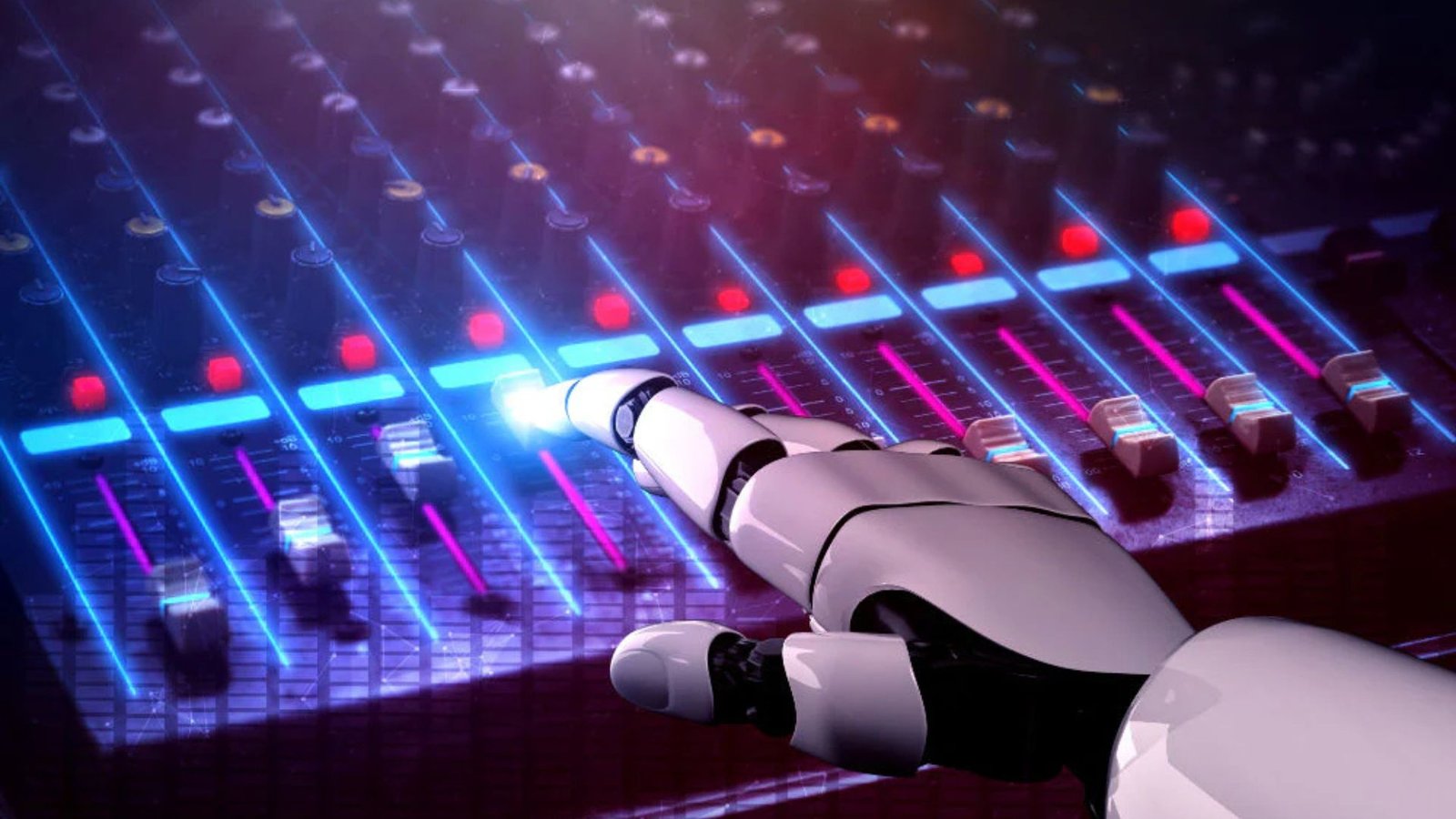Technology has revolutionized every aspect of music production, reshaping how producers create, record, and distribute music. From advancements in software to cutting-edge recording tools, modern technology has made music production more accessible, creative, and efficient. This article explores the profound impact of technology on music production and its benefits for artists and producers.

Accessible Tools for Aspiring Producers
In the past, producing music required access to expensive studio equipment and resources. Today, anyone with a computer and a Digital Audio Workstation (DAW) can start producing music from home. DAWs like Ableton Live, FL Studio, and Logic Pro X provide users with powerful tools for composing, recording, and editing music at a fraction of the cost of traditional setups.
This accessibility has democratized the music industry, allowing more artists to express their creativity without the need for a professional studio. Aspiring producers can now experiment, learn, and refine their skills without significant financial investment.
Revolutionizing Recording Techniques
Advances in recording technology have transformed how music is captured. Portable audio interfaces, high-quality microphones, and MIDI controllers enable producers to achieve studio-level quality in almost any environment. Virtual instruments and sample libraries also allow producers to incorporate a wide range of sounds without needing physical instruments.
Additionally, mobile technology has introduced on-the-go recording capabilities. Apps like GarageBand and BandLab let producers record and edit tracks directly from their smartphones or tablets, making it easier than ever to capture ideas anytime, anywhere.
Enhancing Creativity with Virtual Instruments
Technology has expanded creative possibilities through virtual instruments and plugins. Producers can now use synthesizers, drum machines, and orchestral libraries to create sounds that were once impossible to achieve without physical equipment.
These tools offer endless customization, allowing producers to shape their sound uniquely. Plugins like Serum, Kontakt, and Omnisphere are widely used for their ability to produce highly detailed and innovative audio textures.
The Role of Artificial Intelligence in Music Production
Artificial intelligence (AI) is rapidly influencing music production. AI-powered tools like LANDR offer automated mastering services, while platforms like AIVA assist in composing music using algorithms. These technologies streamline workflows, enabling producers to focus more on creativity.
AI also assists in analyzing trends, providing insights into popular sounds and styles, and helping producers align their music with audience preferences. Although controversial in its creative application, AI is undeniably reshaping the production landscape.
Collaboration Across Distances
Technology has made remote collaboration seamless. Cloud-based platforms like Splice, Soundtrap, and Dropbox enable producers to share project files, stems, and samples with collaborators worldwide. Video conferencing tools allow for real-time discussions, ensuring smooth communication even across time zones.
This global connectivity fosters creativity by bringing diverse perspectives into the production process. Producers can now collaborate with artists, songwriters, and engineers from different countries without ever leaving their homes.
Simplifying Music Distribution
In the digital age, technology has simplified music distribution. Platforms like DistroKid, CD Baby, and TuneCore enable producers to upload their music to streaming services like Spotify, Apple Music, and YouTube Music. This ease of distribution allows independent artists to reach global audiences without the need for record labels.
Social media and video-sharing platforms further amplify visibility, enabling producers to promote their music and build fanbases directly. The digital landscape has empowered artists to take control of their careers.
Overcoming Challenges in the Digital Era
While technology offers numerous benefits, it also presents challenges. The availability of tools means more competition, making it harder for individual producers to stand out. Additionally, the ease of replication has led to concerns about originality in the industry.
Producers must strive to find their unique sound amidst the abundance of resources. Leveraging technology creatively, rather than dependently, is key to overcoming these challenges and making a lasting impact.
Conclusion
Technology has redefined music production, making it more accessible, creative, and collaborative than ever before. From virtual instruments to AI-powered tools, advancements continue to push the boundaries of what producers can achieve. Despite challenges, embracing technology as a means of enhancing creativity and reaching wider audiences ensures that producers can thrive in the digital age.



